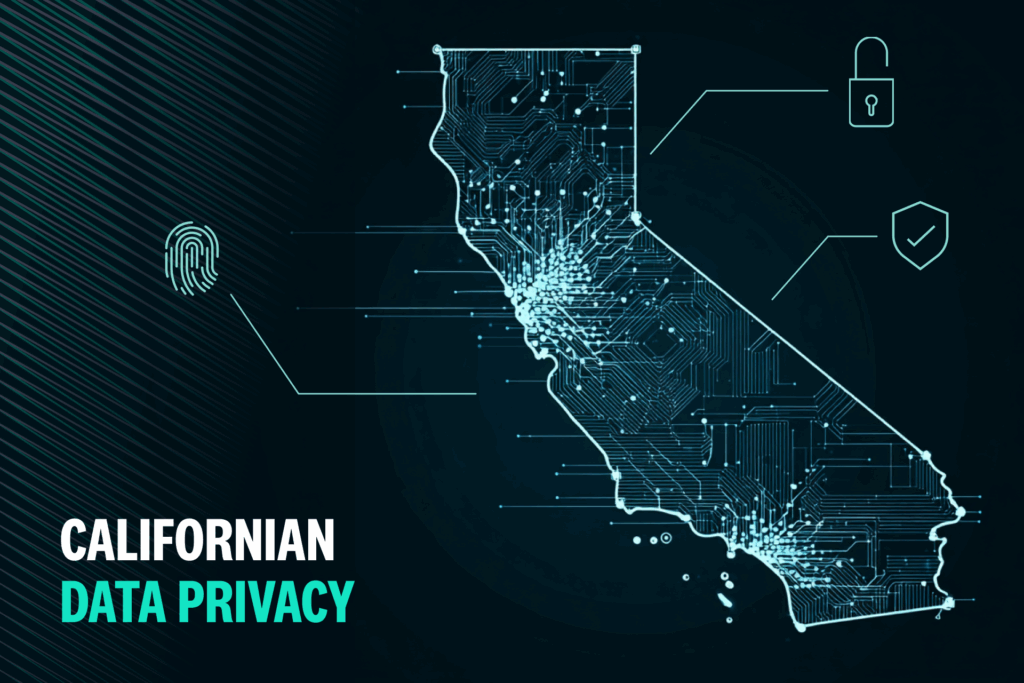Fraud Article
Zero Tolerance: Understanding Why Any Level of Fraud is Unacceptable in Business Today
From a cool-headed business perspective, you may think some level of fraud is acceptable in the quest for growth and conversions. But failing to prioritize your honest customers – and your reputation – is ultimately likely to be highly damaging to your business.

Since the advent of money, bad actors have been using deception for financial gain. A serious economic crime, fraud causes devastating consequences for businesses and consumers, including financial, legal, and reputational harm. Common types of financial fraud include the theft of personal information, such as bank account details or a social security number; mortgage fraud, where a financial statement is falsified to show higher earnings; and new trends like dating scams and phishing.
In an increasingly digitized economy, more than ever fraud occurs online; businesses must be wary of the red flags of suspicious activity, and block bad actors that could be guilty of fraud. However, in the drive for growth and scalability, businesses may accept that some level of fraud will exist on their platform. So, if fraud is inevitable, what are the potential consequences, and how much fraud should you accept as part of the calculation of profit and loss for your business?
Fraud as a direct bottom-line issue
At a minimum, when a bad actor attempts to commit fraud it’s likely to cause inconvenience for your legitimate customers. At the more extreme end, loss of life savings is unfortunately quite common, with people transferring huge sums to fraudsters in the belief they’re making sensible investments or protecting their pensions.
For small-to-medium size businesses themselves, the impact of fraud can be just as severe. If a firm pays a large invoice to a fraudster instead of the rightful recipient, not only will they have lost that money, but they still need to pay the original supplier. In this situation, cashflow can rapidly become an issue.
But let’s imagine that that’s not a major concern for your business. Perhaps your scale makes the financial impact negligible, or maybe your business model is focused on maximum revenue generation and rapid growth. You may think that accepting a certain amount of fraud is actually a smart business move – stringent security causes transactional friction, which leads to frustration for customers, which causes dropout, right?
Wrong. The full implications of leaving fraudsters to act go way beyond the direct impact to your bottom line.
How fraudsters undermine businesses
Even for the largest, most cash-rich businesses, being caught out by fraudsters can end up doing significant damage. That’s because issues including data breaches, fines, regulatory censure, and even association with criminal behavior – including money laundering, terrorism and human trafficking – can all stem from a fraud attack. To properly understand the potential consequences of failing to prioritize fraud prevention, let’s take a step back.
Firstly, how are your legitimate customers going to feel if fraudsters are able to exploit them, leaving them at best inconvenienced – and at worst severely out of pocket? The most likely consequence is that you’ll lose a customer. But that could just be the start of your problems.
Other than taking their business elsewhere, the next most likely thing an affected customer will do is post a negative review online. Ratings and reviews have always been important to consumers, but in recent years they’ve come to rank even above price as the most important factor impacting their buying choices. In fact, 98% of consumers feel reviews are essential to making purchase decisions. Potential customers are going to use that review to benchmark your business against your peers. So, ultimately, it’s going to negatively affect your bottom line.
Or imagine that rather than targeting customers, fraudsters pretend to have a legitimate business relationship with your business and manipulate an employee into providing access to sensitive data. Suddenly, you could find your trade secrets are in the hands of criminals ready to sell them to the highest bidder, or that the personal information of thousands of your customers has been leaked online.
The law of unintended consequences
At this point, the issue becomes what Warren Buffett once called ‘the newspaper test’. Essentially, how are you going to defend your reputation once your business name starts to appear in headlines about the latest huge data breach?
Additionally, how does that affect you from a regulatory standpoint? Once your brand is noted for falling short, regulators are likely to hone in on you. You may be able to pay the legal costs and fines resulting from any negligence on the part of your business, but what about the ongoing attention and the potential tightening of regulations. And added to this is the operational cost of managing media attention, conducting internal review, and carrying out any necessary changes to your systems and processes.
So, even if you can afford the direct bottom-line impact of fraud, can you really afford the wider consequences of all the other issues that can follow behind it in a chain reaction?
Minimizing the risk to your business
Unfortunately, it’s pretty close to impossible to completely stop fraud. But that’s far from a reason to ignore the issue. If your business appears to have done too little to prevent the actions of fraudsters, the likely result will be serious reputational damage – or in the worst case scenario, total business failure.
By making your business less susceptible to attacks and more resilient when they happen, you’re minimizing the return on investment for fraudsters, who are likely to turn their attention to easier prey. That’s not only good for your customers, it’s vital for the long-term health of your business.

Get more details
To find out more about how Veriff’s fraud prevention solutions can help you address the threat to your business from bad actors, visit our Fraud Education Center.














